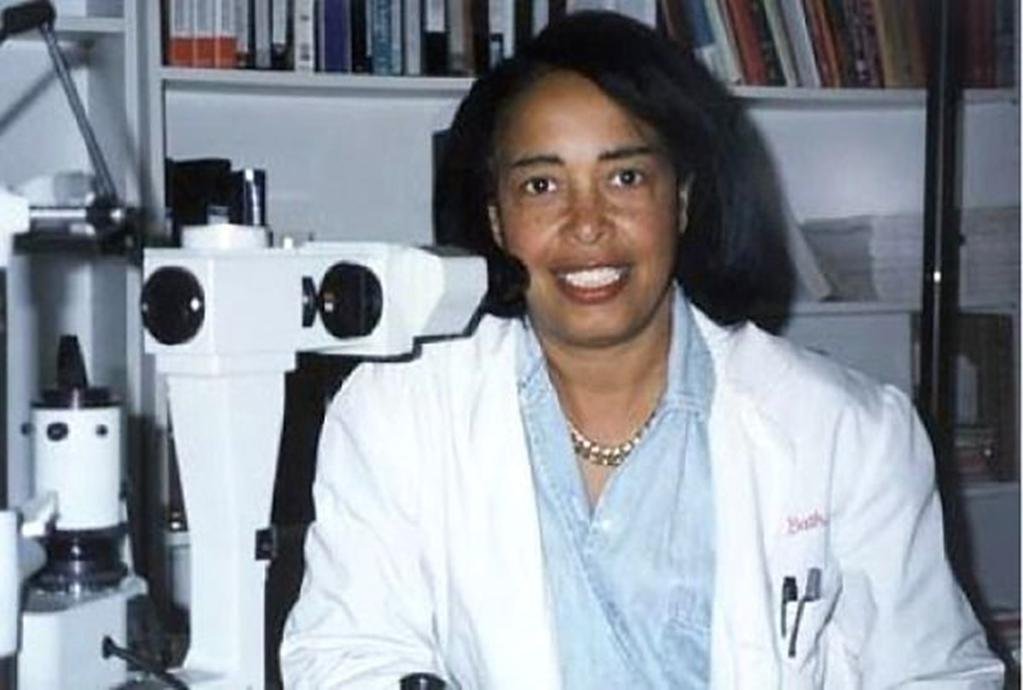Celebrating International Day of Women and Girls in Science: Empowering the Future of Innovation
The International Day of Women and Girls in Science, celebrated on February 11th each year, is a global initiative that aims to promote gender equality and empower women and girls in the field of science. This special day recognizes the significant contributions of women and girls in science, technology, engineering, and mathematics (STEM) and highlights the importance of their full and equal participation in these fields. It also serves as a reminder of the need to break down barriers and stereotypes that have traditionally hindered women’s progress in science.
Throughout history, women have made remarkable contributions to the scientific community, often overcoming various challenges and biases along the way. From Marie Curie’s groundbreaking research on radioactivity to Rosalind Franklin’s crucial role in unraveling the structure of DNA, women have left an indelible mark on the world of science. However, their achievements have often been overshadowed and underrepresented.

Although progress has been made in recent decades, gender disparities persist in the field of science. Women and girls continue to face numerous barriers, including limited access to educational opportunities, lack of mentorship, and gender bias in career advancement. These challenges not only hinder the personal growth and professional development of women in science but also hinder scientific progress as a whole.
Efforts to empower and support women and girls in science are crucial for creating a more inclusive and diverse scientific community. By providing equal educational opportunities, mentoring programs, and promoting gender-sensitive policies, we can encourage more women and girls to pursue careers in STEM. It is essential to foster an environment that values and recognizes the contributions of women in science, ensuring that their voices are heard, and their achievements are celebrated.

One of the main ways to encourage women and girls in science is by showcasing the achievements of female scientists and providing them with visible role models. By highlighting the success stories of women in STEM through various platforms, we can inspire young girls to pursue their passions in science. Additionally, mentorship programs and networking opportunities can help young women navigate the challenges they may encounter in their scientific journey. At Happy Children for Africa, we have developed programs where we pair young girls with mentors in any field of study or trade that they desire to learn. Using our team of Health professionals as an example, we have been able to mentor scores of young girls and women who have successfully enrolled in several health-related disciplines ranging from Medicine, Nursing, Midwifery and Clinical Laboratory Sciences to name a few. We hope to see the numbers increase in the coming years as we champion this course.

An inclusive and diverse scientific community not only promotes gender equality but also fosters innovation and creativity. By embracing different perspectives and experiences, we can tackle complex scientific challenges more effectively. It is essential to create an environment where everyone, regardless of their gender, feels valued, respected, and supported in their scientific endeavors.
The International Day of Women and Girls in Science provides an opportunity to celebrate the achievements of women in science and highlight the importance of gender equality in STEM fields. By addressing the barriers and biases that women and girls face, we can create a more inclusive and diverse scientific community that benefits all. Let us join hands to empower women and girls in science, ensuring that their potential is fully realized and their contributions are recognized and celebrated. Together, we can shape a brighter future for innovation and scientific progress
